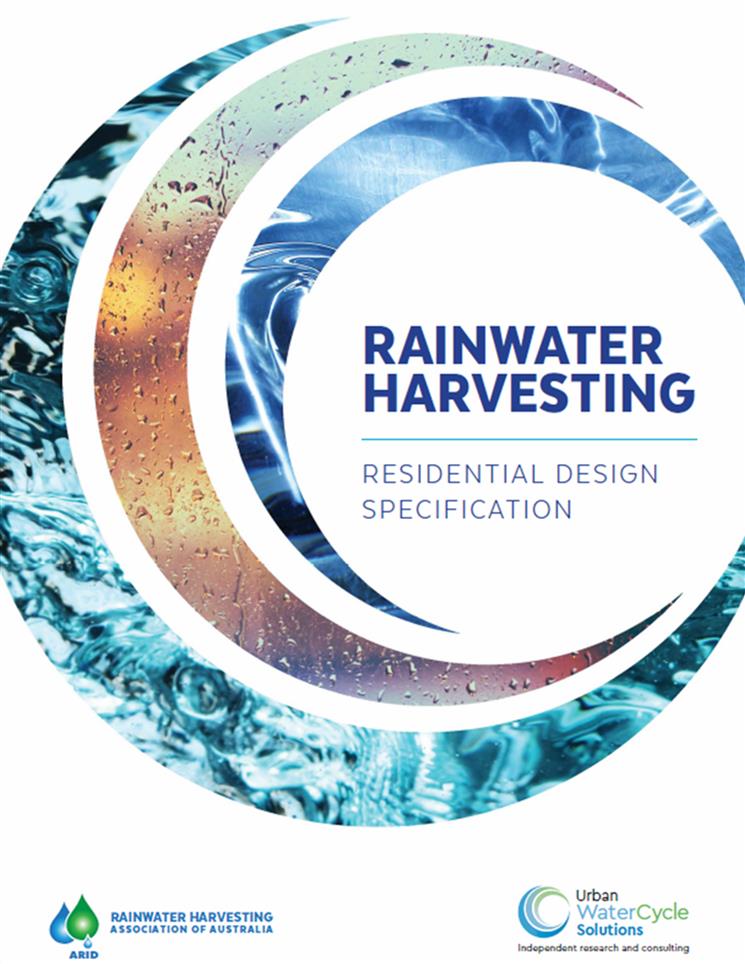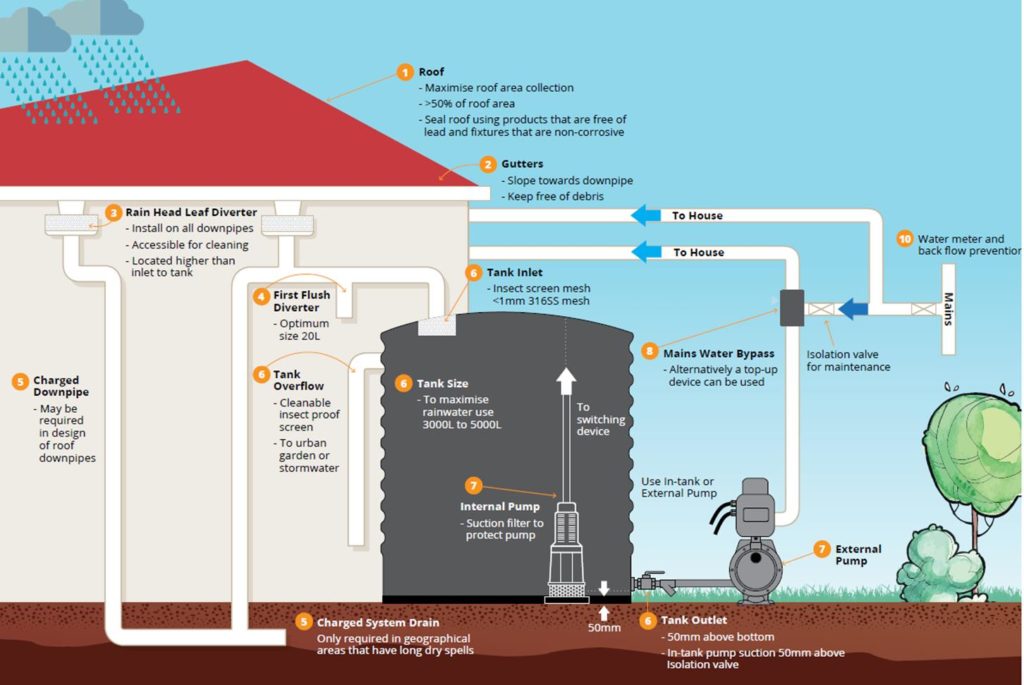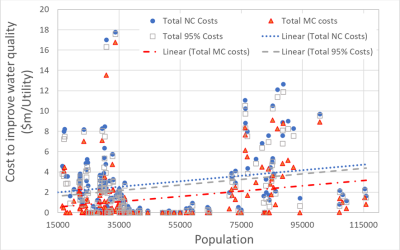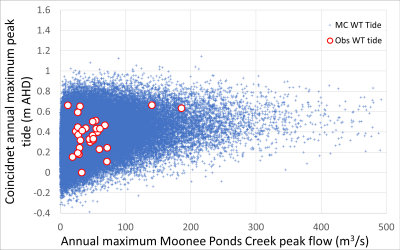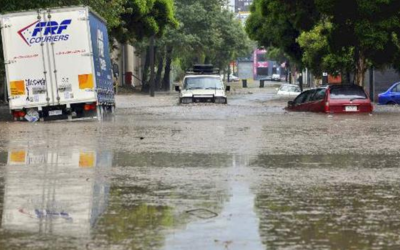Independent rainwater guide for residential housing
This guideline is provided by Urban Water Cycle Solutions (UWCS) and the Rainwater Harvesting Association of Australia (RHAA) for above ground rainwater harvesting systems connected to residential dwellings in urban areas. It applies to dual water supply, using rainwater from roof catchments and mains water supplies. Rainwater is used first, when stored rainwater is available, for a range of uses such as outdoor, toilet, laundry and hot water supply. When stored rainwater is not available, all household water demands are supplied with mains water. The household is also encouraged to choose the highest level of water efficiency.
Correctly installed rainwater harvesting systems develop a natural treatment train that addresses many of the potential contamination issues that may be associated with a roof catchment. This is an important reason why rainwater harvesting is so widely used in Australia and rainwater users remain healthy. Australian health data indicates drinking untreated rainwater provides health outcomes similar to mains water. One in four households use rainwater harvesting in Australia. The householder is responsible for the quality of all water sources (mains water and rainwater) in their house. Professor Peter Coombes and other independent scientists have extensively monitored residential rainwater harvesting systems. We used that data to inform this design specification. This evidence is independent of the perspective of the traditional water industry and the centralized distribution paradigm.
This independent design specification is a living document that will be regularly updated in response to evidence, discussions and independent science. The user is encouraged to provide comments and feedback to this webpage for inclusion in the ongoing review process. We are in the process of publishing additional scientific publications that will provide a summary of the comprehensive review process that underpins this guideline.
The guideline can be downloaded here Rainwater Harvesting Guide. A high resolution version of the independent guideline is also available from Urban Water Cycle Solutions

